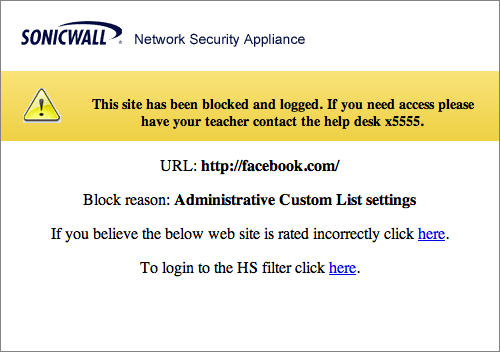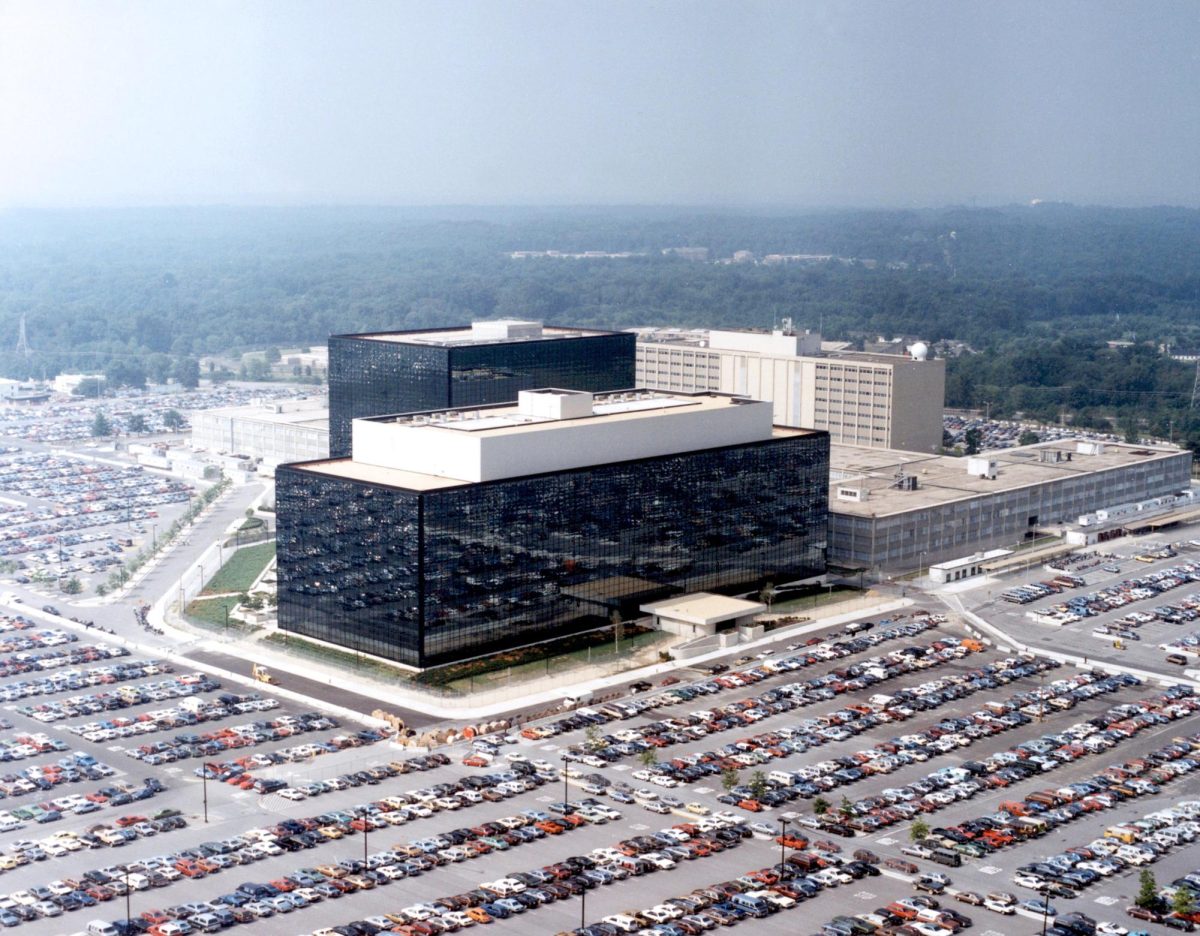As Ladue students, we all benefit every day from the internet our school has to offer. We check our school email once or twice, complete assignments online, and check teachers’ websites for daily updates.
At home, many of us also use our internet connections for Miniclip, Reddit, and, of course, Facebook. However, as most of us are painfully aware, the school’s wifi system mistakenly prohibits the use of these “non-educational” websites.
Why does Ladue do this? As a student, I can only infer that Ladue wants the best educational experience for its students, which includes keeping them away from explicit content, distracting videos, and other web features unrelated to school.
However, this is not at all solving the issue. Simply from experience, it is safe to assume that the overwhelming majority of students has a phone, most likely with non-wifi-based internet access. By not allowing students to access Facebook and similar sites on a school computer, they can simply turn to their mobile electronics.
While one may argue that all teachers strictly enforce the “phones off” rule, this is enirely not true. As a student, I can confidently say that during “work time” with computers in any class, there are generally always students off task and using Facebook or the like on their phones. So why is it so bad to keep student attention to the computer screen, where teachers at least have access to the screen?Thus, forcing students into using other means of internet would solve more issues than it would potentially create.
But why is social networking at school so bad in the first place? Well, if you use it right, it’s not. Many classes and school organizations use social networking sites as a basis of transmitting information. For one, some of our school’s honor societies and clubs, such as the Spanish Honor Society and theatre, use only Facebook to communicate meeting times, rehearsals and other important information.
Social networking is also used for academic classes. Students constantly use Facebook class pages when in need of homework assignments, test dates or assistance with questions, all of which they must use their phone to ask, instead of a school computer. Also, if administration were to allow such electronic scholarly discussion at school, it would be possible for all students to be involved, including students with limited computer usage at home.
In opposition, administration may claim that Facebook and other social networks contain pages unsuitable for many high schoolers. As a solution, Ladue should make use of a partial block, where only a certain type of page can open on a school internet. In doing so, students could benefit from the school-related uses of currently blocked websites while at the same time be kept safe from potentially offensive features of the internet.
Ladue must make a bigger effort to meet the majority of its students’ technology-driven productivity style. By removing the internet block on many of the only potentially harmful sites the internet has to offer, students will be able to truly benefit from from the World Wide Web at school while effectively remain clear of harm.








